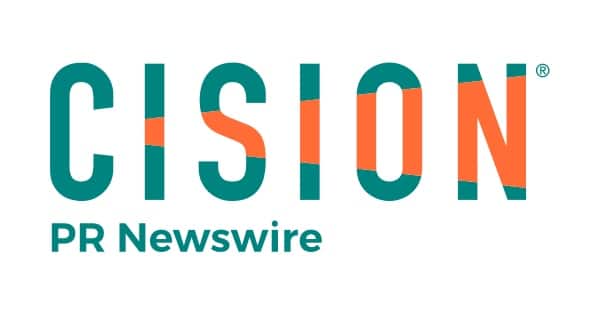Tips for budgeting in today’s economy
SOURCE: USAGov
WASHINGTON , July 11, 2024 /PRNewswire-HISPANIC PR WIRE/ — In times of economic uncertainty, having a careful budget is especially important. In this article, we offer practical advice on how to create a budget that suits the needs of your household and allows you to keep your finances in order.
What is a budget?
A budget is a plan that helps you keep track of your money. It shows you how much money comes in and out of your pocket each month and helps you identify areas where you can save.
Why is it important to have a budget?
It helps you take control of your money: A budget gives you a clear idea of where your money is going, allowing you to make informed decisions about how to spend it.
It helps you save money: By identifying areas where you can spend less, you can put that money to work for you, whether it’s paying off debt, saving, or achieving other financial goals.
It helps you reduce stress: Financial stress can be a big problem in our lives. Having a budget can help you reduce stress by having control over your finances.
How to create a budget?
Understand your income and expenses: The first step in creating a budget is to be clear about how much money is coming into your household and how much money is going out. This includes your salary, fringe benefits, and any other regular income, as well as your fixed and variable expenses. The Consumer Financial Protection Bureau offers guides on how to keep track of these numbers.
Set clear financial goals: Whether it’s saving for your children’s education, buying a home, or your retirement, setting financial goals will help you stay focused and motivated. The Federal Trade Commission has helpful tips on how to set and achieve your financial goals.
Prioritize your expenses: Not all expenses are equally important. Prioritize your basic needs like housing, food, and healthcare. Evaluate which variable expenses, like eating out or subscriptions, you can cut back on. Learn how to prioritize your expenses.
Plan for the unexpected: An essential part of any budget is considering unexpected expenses. These types of expenses can include medical emergencies or home repairs. The U.S. Department of Labor offers practical tools for developing a solid savings plan and information on how to build an emergency fund.
Monitor your spending habits: Use tools like the Consumer Financial Protection Bureau’s bill calendar to keep track of when and how much you make payments, helping you avoid late fees and improve your credit.
Review and adjust your budget regularly: The economy and your personal finances can change. It’s important to periodically review your budget and make adjustments as needed. The U.S. Treasury Office provides tips on how to handle unexpected financial changes.
Seek help when you need it: If you find yourself overwhelmed by debt or simply need some guidance on better managing your money, don’t hesitate to seek help from experts. The Federal Trade Commission offers resources and advice to help you take control of your financial situation.
Creating and maintaining a budget can seem like a daunting task, but with the right resources and a solid strategy, you can achieve greater financial peace of mind. Take advantage of the tools and advice offered by these trusted sources and start building a more secure financial future for yourself and your family today.
For more information from official government agencies, explore USA.gov/money-credit.
USAGov en Español is your guide to finding U.S. Government information and services. Sign up to receive up-to-date information and follow us @USAGov en Español on Facebook and X/Twitter.




